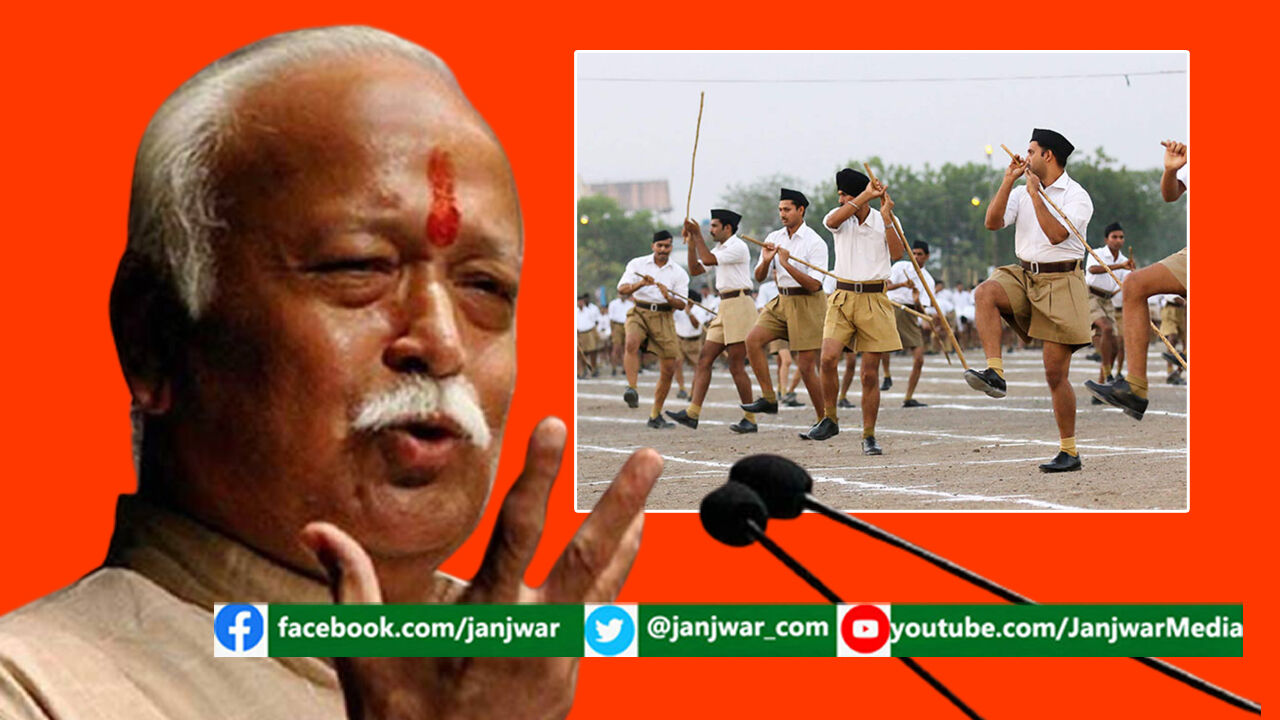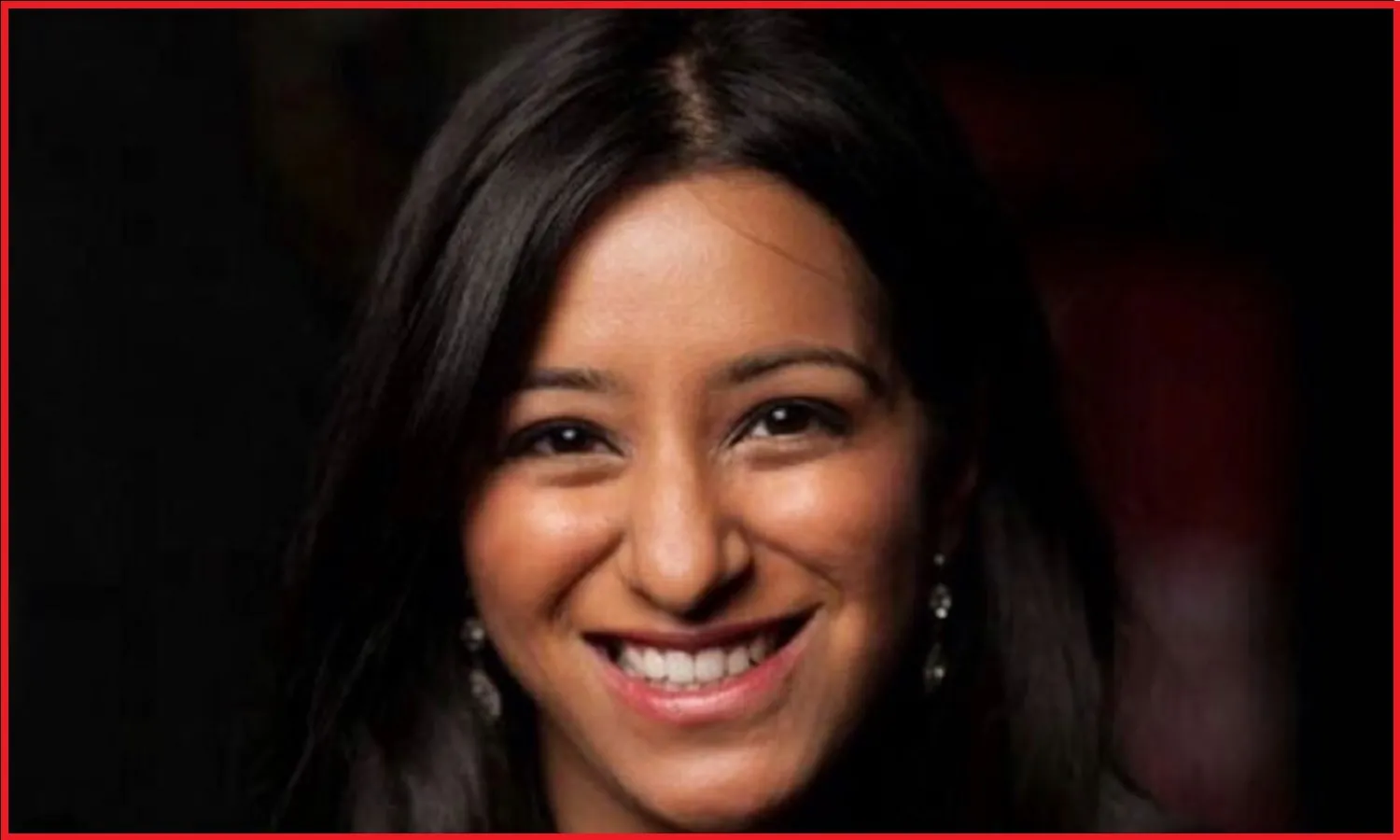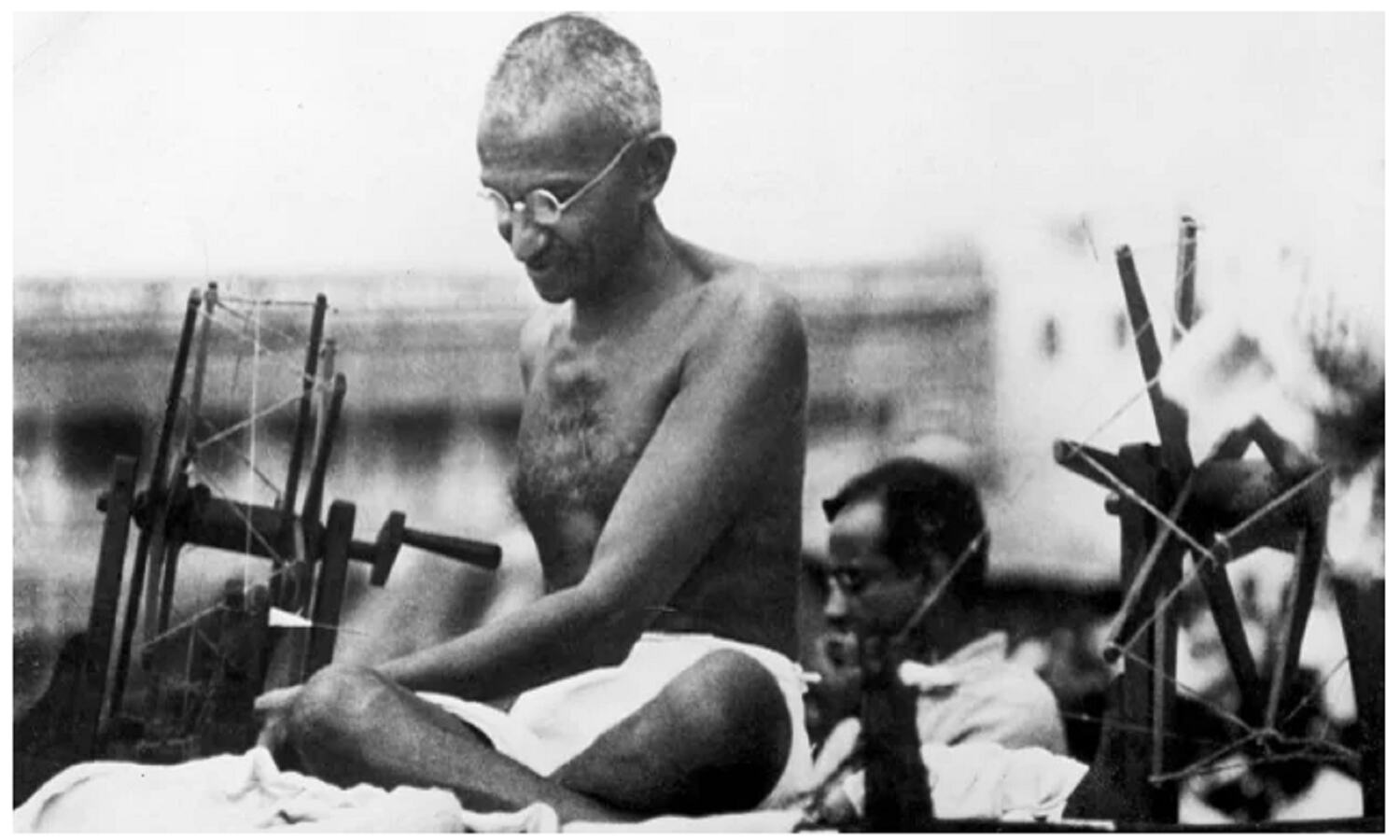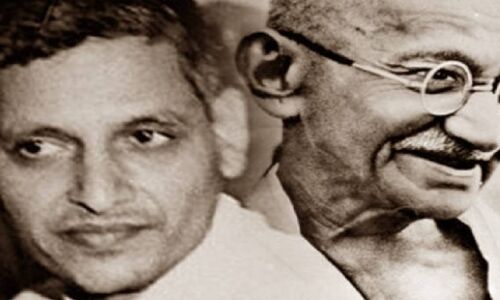Exclusive Report : Women and Junior Lawyers in Bihar were worst hit during the lockdown

An exclusive report by Husain Tabish from Kishanganj, Bihar
Janjwar: "During lockdown my father died because of lack of money and facilities. We could not save him. He was being taken to Patna for better treatment but unfortunately expired on the way. My wife and children also got ill. They also could not get the proper treatment. How could have they been treated? We had no money. When the household expenditure was being met by selling or mortgaging wife's ornaments, how could we get the money for the treatment? We were almost on the verge of hunger ``. Saying this, advocate Haidar Ali literally breaks down. His wet eyes perhaps remind him of the trauma experienced by him.
Recounting the financial plight of the lawyers and the law and order situation in the district, he said, "During the lockdown police unnecessarily troubled the citizens. It used to thrash people even if they come out to buy essentials like milk, vegetables, medicines etc. No action could be taken against police action at that time. The people, at large, became the victims of police atrocities."
Though, as pointed out by Haidar Ali, "Nobody cared for the government orders during the lockdown."
On the condition of not revealing his identity, an advocate from Bihar's Kishanganj district says," As a result of nationwide lockdown, the forced closure of the courts for months together resulted in the maximum loss to the junior lawyers. They almost became destitute. Had they were not living in a joint family set up, their children would certainly have been pushed on the verge of hunger. Apart from junior lawyers, it was the women, the aged people and the minor plaintiffs who suffered most due to the lockdown. Due to the closure of family,SDGM,POCSO courts, the doors of justice were closed for the women, aged and the children. They could not get justice in time for the crimes and atrocities committed against them."
Kishanganj district of Bihar is situated at a distance of 390 kms from the capital Patna. Taking a bus or train from Patna, you can reach here in 8 to 10 hours. The district was granted an independent status on 14th January 1990 when Kishanganj sub-division was taken away from Purnia district. Kishanganj is one of the 250 most backward districts of India and only tea-producing district of Bihar. It is also known as Bihar's only muslim majority district. In a population of 16 lakh, 68 percent are muslims. Scheduled castes comprise 6.7 percent and scheduled tribes are 3.8 percent. There are 946 women for each 1000 men and 57 percent of the population in Kishanganj is literate.
The Janjwar team landed in Kishanganj to learn about the difficulties, problems and stumbling blocks faced by the general people of KIshanganj and the socio-economic problems faced by the legal fraternity during the lockdown.
The premises of Kishanganj district court is very wide and open.The buildings are scattered. The seating arrangement for lawyers is much better here.But many seats are empty here because Kishanganj district court is not as crowded by lawyers,munshies,clients, witnesses and vendors as are courts in other districts.
Both advocate Sujata Chowdhary and her husband Shashi Bhushan Dubey practise in this court. Shashi Bhushan's elder brother also practises in the same court. Says Sujata Chowdhary,"During the lockdown, the closure of courts have fully destroyed the legal fraternity. In my house,the income of all the three earning members stopped together. The savings was consumed within a short period of time. My father-in-law is a patient of cancer. He was undergoing the chemotherapy treatment. The discontinuance of income at this juncture was a big blow to us. We are under the debt of lakhs of rupees.Before lockdown was declared, a construction work was going on in my house, but now it has been postponed indefinitely."
More than two dozen lawyers including Talat Naseem, Ahsan Raza, Umesh Kumar, Rajan Kumar and Anil Kumar think that except 5 to 10 percent of the lawyers,the rest of them have reached a very deplorable financial stage due to lockdown. They feel that these lawyers had to face a tough financial crisis.
Only well-established lawyers could bear the brunt of lockdown
The lawyers least affected by lockdown were those who were already established in the profession and belonged to the rich families. Some of them are landlords, some have good legal practice while others have their children in good jobs or businesses. The lawyers told Janjwar that those lawyers were economically most affected who work as juniors to the senior lawyers.They don't have anything in the name of savings.
During lockdown, for their day-to-day expenditure, these juniors or assistants remained dependent on their parents or any other member of the family. Those lawyers with a rural background kept themselves engaged in agriculture related activities during the lockdown but the condition of those were pathetic who had no land to till and were,thus. forced to remain in the town. In order to meet their daily expenses, they had to either borrow the money or sell the ornaments.
The President of the District bar association, Shishir Kumar Das says,"The needy were given the financial aid of 10 thousand rupees each by the District bar association. On behalf of Bihar bar council, many times the application for financial aid was taken from the lawyers but no one was given the help."
The lawyers also support what Mr. Das said and say that of course, the financial help did come from District bar association but did not get any help from either Bihar bar council, Bihar government or any other source.
According to data made available by the District Bar Association, there are a total number of 415 lawyers registered with the Kishanganj civil court. Out of this 260 lawyers are hindus while 155 are muslims. Among Muslim lawyers, 20 belong to Pasmanda caste while 135 lawyers are Ashraf muslims. Among hindu lawyers, 50 percent are from OBC, 10 are dalits, 2 are scheduled castes and rest are from general category.There are 15 women lawyers. Out of these 2 are muslims and rest are hindu.There is no woman lawyer from Scheduled caste and there are only 5 women lawyers from OBC. Of the total registered lawyers, only 300 lawyers come and practice in the court. Only 7 women lawyers come to the court regularly. Out of these, 2 are muslims.
There is one more Bar Association in Kishanganj civil court. It is called Old Bar Association. There are 38 lawyers registered with this Association. Out of these 38 lawyers, 6 are women. Though only 2 women lawyers are regular here. Even among men, all are not regulars.
Despite Muslims comprising a majority in the district, muslim lawyers are very few in numbers. Similar is the case with the upper caste lawyers, though lawyers from vaishya community are comparatively in better position than others. In comparison to other districts of Bihar, the crime rate in Kishanganj is very low. Here most of the cases relate to land,property, marriage, dowry, divorce , livelihood and POCSO etc.
The lawyers say that still the clients are coming in less numbers. They don't have money. Fighting cases is not their priority. Due to the financial crisis, many clients prefer to get the next date rather than hearings. Since less clients are coming to the court, the income of lawyers has also dipped. There is fierce tussle among lawyers to catch hold of the clients. The lawyers are ready to fight the case at half the rate they normally charge.
Minimum income of junior lawyers is a big issue
Of all the lawyers coming to the Kishanganj district court regularly,around 100 lawyers are such whose career, in the profession, has been barely of 1 to 5 years. There are another 100 lawyers whose career has spanned between 6 to 10 years. Both of them come in the categories of junior and middle junior lawyers. These two categories were the ones worst affected by the lockdown. Their income is very low. On an average a lawyer charges 200 to 500 rupees for a single hearing. Most of the lawyers are of this type. Whereas, junior lawyers have uncertain income. They usually enter the profession assuming that they are on training for a period of 3 to 5 years. The tragedy is that they are barely able to manage the conveyance charges for coming to the court and going back.
Says Shishir Kumar Das," How much a junior lawyer can earn during the training period depends on the practise and the earning of his senior, the behaviour of senior towards the junior, how much does the senior look after the financial interests of his junior and how keen the junior himself is to learn and earn more."
According to junior lawyers, they hardly earn 1500 to 3000 rupees per month. Even middle category lawyers, having a practice of 6 to 10 years, don't earn more than 10 to 20 thousand rupees per month. It means that even after studying law for 3 years after graduation, their income is not equal to even a 8th or 10th class pass fourth class government servant. After the implementation of 7th pay commission, the salary of a fourth class employee of the central government is from Rupees 21,700 to 23,100 per month, whereas in Bihar he gets 17,990 to 22,000 rupees per month. Besides they get the benefits of free treatment, accidental insurance, life insurance and provident fund but lawyers get nothing of this sort. This is the reason why a number of PhD scholars,postgraduates, graduates and even law graduates apply for 4th class government jobs.
Working for the rights of workers, activist Surjit Shyamal says,"According to Bihar government's new order dated 1st April 2021, the daily wages of unskilled workers of unorganized sector are 304 rupees while per month wages are 7904 rupees. Similarly the daily wages for semi-skilled workers are 316 rupees and monthly wages are 8216 rupees. A skilled worker gets daily wages of 385 rupees and 10010 rupees per month. A highly skilled post-graduate worker gets 469 rupees as daily wage and 12194 rupees on monthly basis. But, lawyers don't come under the category of workers. Legal profession is an independent profession and service. The lawyers can also not do publicity for their profession. In such a situation where and how they can raise their demand for minimum wages ?
The lawyers are worse than fourth class government employees
Many law graduates leave this profession after getting registered because it takes longer to become a successful lawyer whereas the earnings are comparatively very less. Many of them join private jobs, businesses or farming. One such lawyer who left the legal profession to join farming is Arvind Singh. He says,"It takes too long to earn handsomely in this profession. How long can you sustain yourself without the money if you have the responsibility to run the household and don't have any back up support ? Moreover, it is also not certain whether you will be a successful lawyer even after doing legal practice for 5 to 10 years. Therefore only they are able to sustain themselves in this profession who have a strong family background, have an alternative source of income or don't have any other alternative profession.
Senior advocate Manish Kumar says,"The crisis of income is always there for junior lawyers. They can not practice some other profession simultaneously. The Advocate Act 1961 prohibits them for such activities. They can't do any business of their own. Though, of course, they are free to take part in hereditary business, take up part time teaching job and can also do part time journalism . A practising lawyer can also become a member of parliament, member of state assembly or member of state council because the government considers these posts as social service and not office of profit. However, on becoming part of the cabinet, they have to quit their legal practice."
A law graduate from BHU, advocate Carlos Marandi is one of the only 2 tribal lawyers practising in Kishanganj civil court. He says," Like judicial magistrates, the new lawyers should also be given training and monthly stipend by the government before they join the courts. Thus best law graduates could be attracted to practice in the court."
The plight of women lawyers
In comparison to their male counterparts, the women lawyers practising in Kishanganj civil court are negligible. Combining the strength of two Bar Associations, the total number of women lawyers is 21 only. Out of this, only 9 are regular practitioners in the court. Due to closure of courts during the lockdown, women lawyers also had to face financial distress as the cases of their clients also got obstructed.
Advocate Priyanka Kumari has been practising independently for the last 3 years. Earlier she worked as a junior to senior woman advocate Shabnam Khanam. Says Priyanka Kumari,"The economic status of a lawyer is equal to the status of a labourer. Neither does he have a fixed income nor a fixed budget. He has to earn his bread daily. He is also unable to do a saving."
Priyanka says that during the lockdown, whatever small income junior lawyers used to have was fully disrupted. Clients were not coming to the court and a small number of hearings were being done and that too virtually. In such a situation who could have given money to the junior lawyers?
Priyanka holds stereotypical thinking about working women and the patriarchal society responsible for the lesser number of women lawyers in the court. She says,"All are well educated here, even then if a woman lawyer mixes up with men, they keep an eye on her. If a woman lawyer comes home late due to case work and meeting with her clients then everybody starts accusing her while no finger is raised when a male lawyer behaves in a similar fashion."
Advocate Priyanka further says,"Those women lawyers who come to the court regularly have either their husbands or some or the other relative practising here. Along with their profession, women have also to fulfill domestic responsibilities. Therefore they sometimes quit the profession under family pressure. Most of the educated girls in Bihar prefer to opt for the profession of nursing, teaching or police whereas they should come in the legal profession as well. Here also working hours are 10 to 5 pm so it suits their nature. Unless women enter this profession, how can the change in the system be expected ?"
A law graduate from Delhi University, advocate Archana also agrees with Priyanka. She says,"Indian society is patriarchal. Ordinary families want their daughters to get married rather than choosing a career and becoming economically independent. The girls also don't get the kind of motivation from the family, society and the seniors which they require. How can a woman become a lawyer in a district like Kishanganj where the rate of women literacy is very low."
Engaged in the work of notary in Kishanganj civil court, a Muslim woman lawyer Shahnaz Norris's father has been a very famous advocate in this court. Her husband is also an advocate here. She says,"I have been working here for the last 35years. Nothing has changed here."
Lawyers under the shadow of undeclared fear
Lawyers are an enlightened class of the society. They are an inseparable part of the judiciary,which is one of the three pillars of our democracy. They stand against any injustice being meted out to Indian citizens. They stand as guard for the protection of the liberty of expression in a democratic nation.But the lawyers of Kishanganj avoid expressing their opinions on any issue. In response to every question they advise us to meet either Bar Council officials or some other lawyer.
They say,"The political situation here is not good. I have to do my practice in this court only and earn bread for my family." The lawyers here are also afraid of police and the judiciary. The lawyers seem to be living under the shadow of some undeclared fear. They say that the police here don't spare anybody. It just arrests you for a minor mistake. It simply thrashes anybody. Here nobody complains against anybody.
Amidst fear and doubt, some lawyers did speak out angrily," Today the judiciary is more corrupt than the legislature and the executive. It is fully a victim of red tapism but its real character is hidden behind high boundary walls of the court's building and the law related to the contempt of the court. There is no discussion on judicial malfunctions. The citizens' faith in the judiciary is waning. Delivery of justice to the poor, deprived and weak is getting difficult. There are many lawyers who are not happy with the policies of the current central government but they avoid talking openly about it.
The plight of plaintiffs during lockdown
A resident of Kishanganj's Basti area, Ritambhara got married to Deepak of Kochadhaman block. Deepak was living with his wife in Ludhiana. After sometime he started harassing his wife for dowry and sent her back to her parents' house. Says Ritambhara,"I have been fighting a domestic violence case against my husband since 2016. During lockdown, not a single hearing was held in my case. "
Abhijit Kumar Das,a resident of Sadar bazar in Kishanganj, is a marine engineer. He was in love with an upper caste girl of his area. In 2017 both ran away from their homes and got married at an Arya Samaj temple in Delhi. Later they got their marriage registered in a court. The girl's family filed a case of abduction against Abhijit. For the last three years Abhijit's wife is staying at her parents house and Abhijit is fighting a case to get her back.
Says Abhijit,"After getting married I had thought that the government would give me an incentive amount of 2 lakh rupees under its scheme of promoting inter-caste marriage. But the opposite happened. My love marriage became an issue of caste pride and honour. Despite standing on a strong footing, we did not get justice. Due to the lockdown , my case is pending for the last one year. There is no progress."
Abhijit is now studying law so that he himself could plead his case.
Senior advocate Deepak Kumar Sharma says," During lockdown, the court was showing leniency towards the plaintiffs by not passing adverse orders against them. Since, because of Corona, prisons were to be decongested, the hoards of accused were being granted bail without much investigation. During the lockdown, the law and order situation was just fine in the district. Sometimes the police were quite strict on the citizens but it was in favour of the people as it certainly helped in controlling the Corona infection."
Woman lawyer Priyanka Verma says," During lockdown, the closure of family and POCSO courts resulted in maximum loss to women and minor plaintiffs." According to her, the cases of domestic violence and child sexual abuse increased manifold during the lockdown but such cases could not be registered. She says that she has 10 clients whose cases regarding maintenance, domestic violence, dowry, rape and unnatural sexual abuse have not been heard yet. In alimony cases, many husbands have stopped giving monthly expenditure to their wives who were forced to stay at their parents' home thus putting them under unnecessary stress. Many such women became victims of depression.
Senior advocate Talat Naseem says," For the last one year the bail petitions of clients are pending in the High Court. There are no hearings. During the lockdown, only those got justice who were resourceful and had some approach. It was very difficult for the poor, deprived and helpless to get justice."
The plight of clerks, typists and shop owners inside the court premises
During the lockdown, the condition of senior lawyers' clerks (Munshi),typists,photo copiers and small shop owners within court premises had also become pitiable as their business is wholly dependent on the daily visits of accused, plaintiffs and witnesses to the court.
The General Secretary of Lawyers'Clerks Union Shiv Kumar says," There are 182 lawyers'clerks or Munshies in the court. Out of these 97 are registered members while rest of them are not registered. These also include 3 women munshies. During Corona, the Union had helped the needy by giving them 3500 rupees each. The lawyers themselves were in pitiable condition but still they helped their munshies. Currently more than half of the munshies are in debt. Here no munshi suffered from Corona but one munshi was reported to have died because of prolonged illness."
The Treasurer of the Union Mohammad Salim says," Here a munshi does not earn more than 5 to 10,000 rupees per month. Some do have agricultural land and some have their children working in this court. Around 10 munshies have their children practising as lawyers in this court, though no one has his children in government jobs."
Salim points out that there is no proper place for these munshies to sit in the court.
All the three women clerks namely Arti Shah, Lalmani Devi and Priti Kumari do not face much difficulty in managing their work, though they complain of getting less money. Priti Kumari is 12th pass. Her husband is unemployed. She wants to continue her study and become a lawyer.
In the court premises, there are 10 typists working on type writers and 7 on computers. While computer typists work by hiring a shop, typists operating on typewriter have to work in the open. They are 50 plus and perhaps the last generation of traditional typists.
Sixty year old Ayub Rahil and 75 years old Ram Narayan say," This kind of work brings so less money that no one from younger generation wants to join in. No one earns more than 6 to 10 thousand rupees per month . The typing rate is the same for the last 20 years. During the lockdown, most of the typists had started selling masks, vegetables and fruits on cycle."
(Tea shopkeeper Santosh Shah : Suffering from lockdown)
There are around 18 shops in the court premises which house photocopy, photo studio, stationary, hotel, tea and astrology shops. These shops remained closed for almost 4 months.
Complain the shopkeepers," There is no sale even after lifting of the lockdown. Pulling out of the 4 months period was really hard. We won't be able to regain what we have lost."
Akram runs a betel shop in the court premises for the last 42 years. Look what he says," My two daughters are suffering from epilepsy disease and my wife is sugar patient. During the lockdown, we were hand to mouth. We got neither food nor medicines. Due to the shop being closed for months together, all the raw materials in my shop got destroyed. I have taken loan to reopen my shop."
But Faiz, who runs a betel shop and is also pursuing his studies, has this to say," Difficulties do come in life. What's the big deal about it ?"
(This report is the part of a project supported by Thakur Family Foundation. The Foundation has not put any kind of editorial control over the project. )
इस स्टोरी को हिंदी में पढ़ने के लिए यहां क्लिक करें- Exclusive Report : लाॅकडाउन में जूनियर और महिला वकीलों की अनसुनी दास्तां











